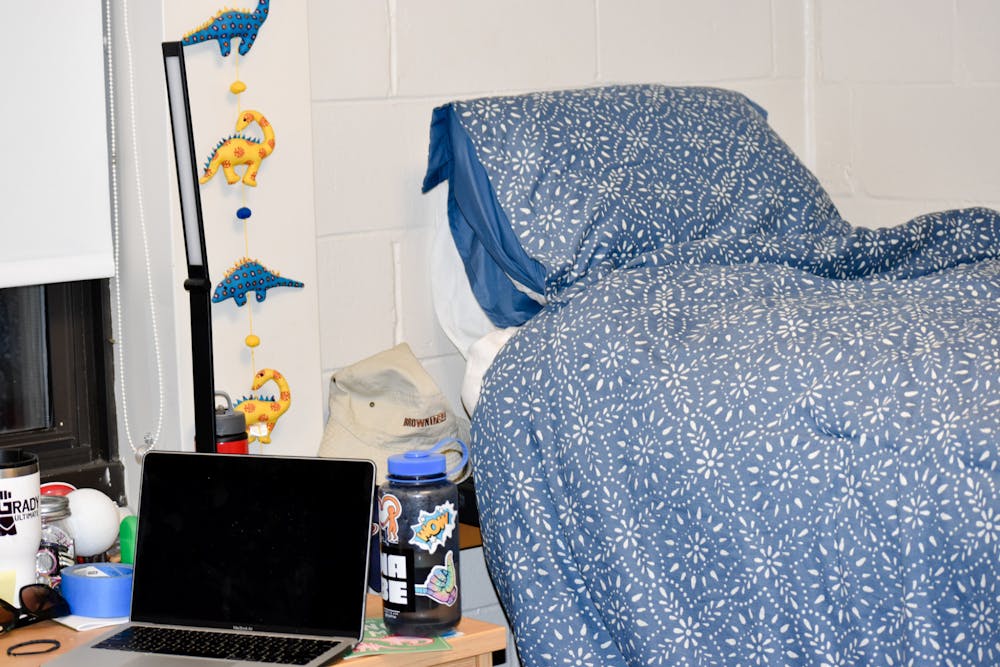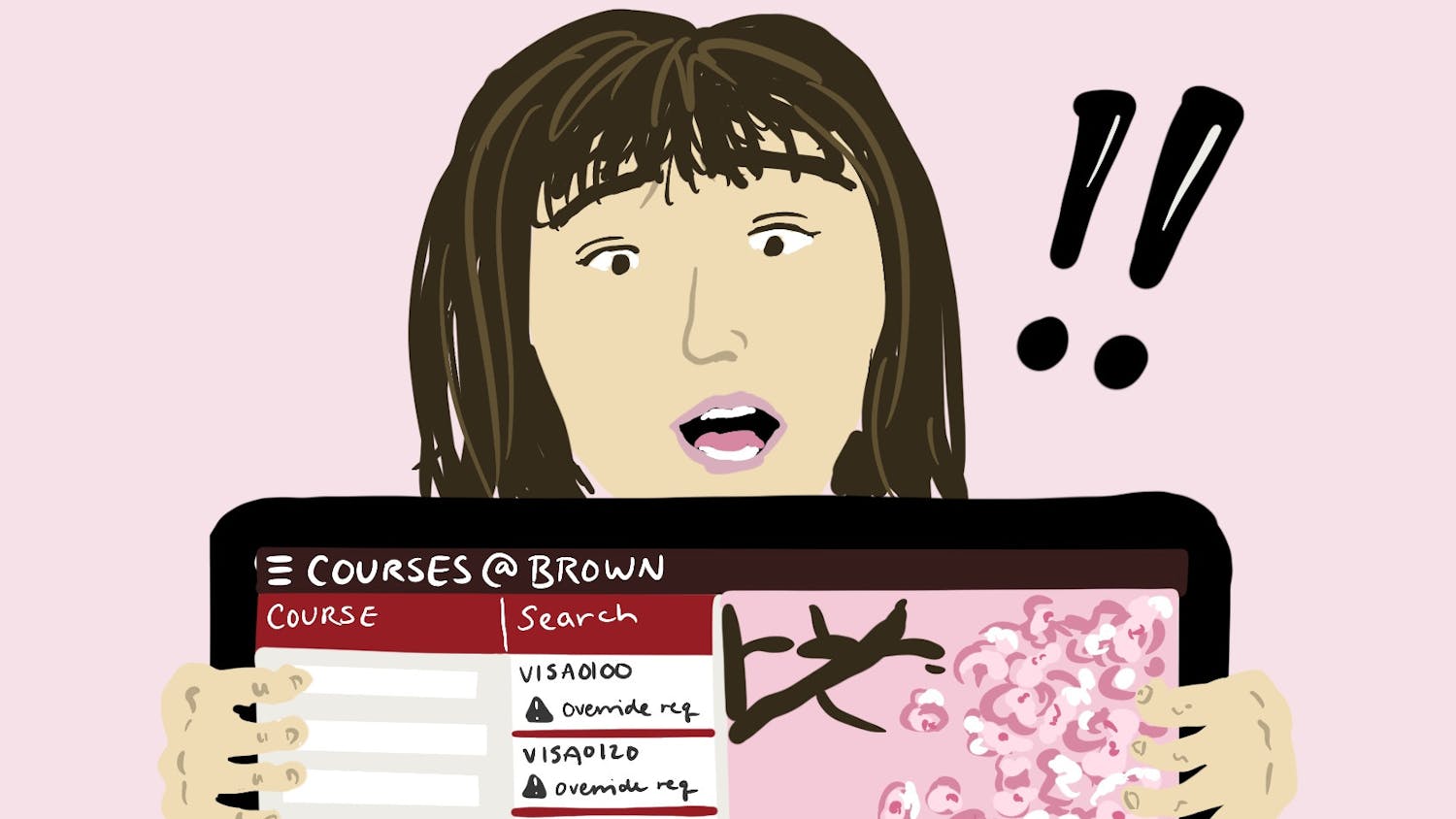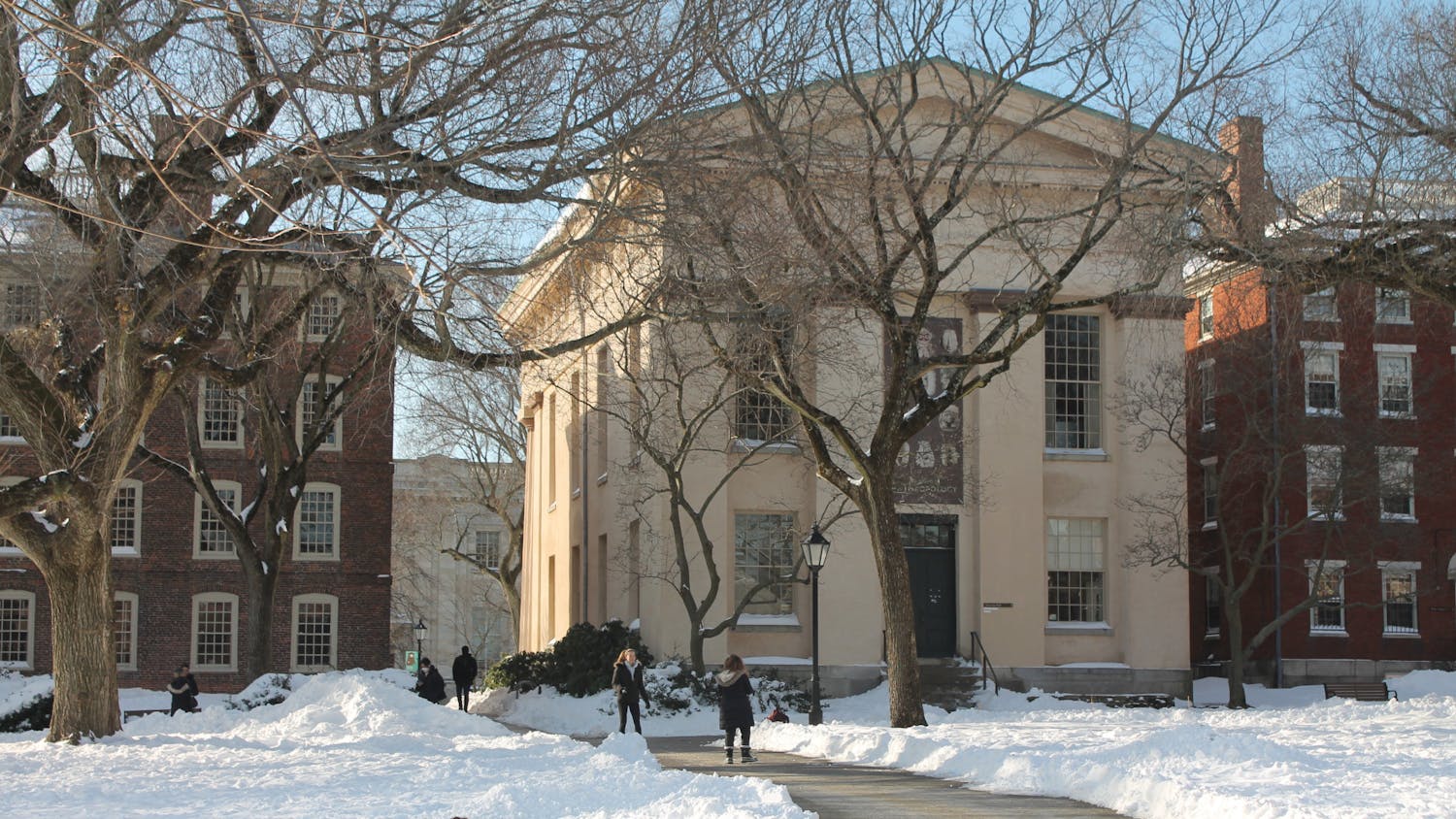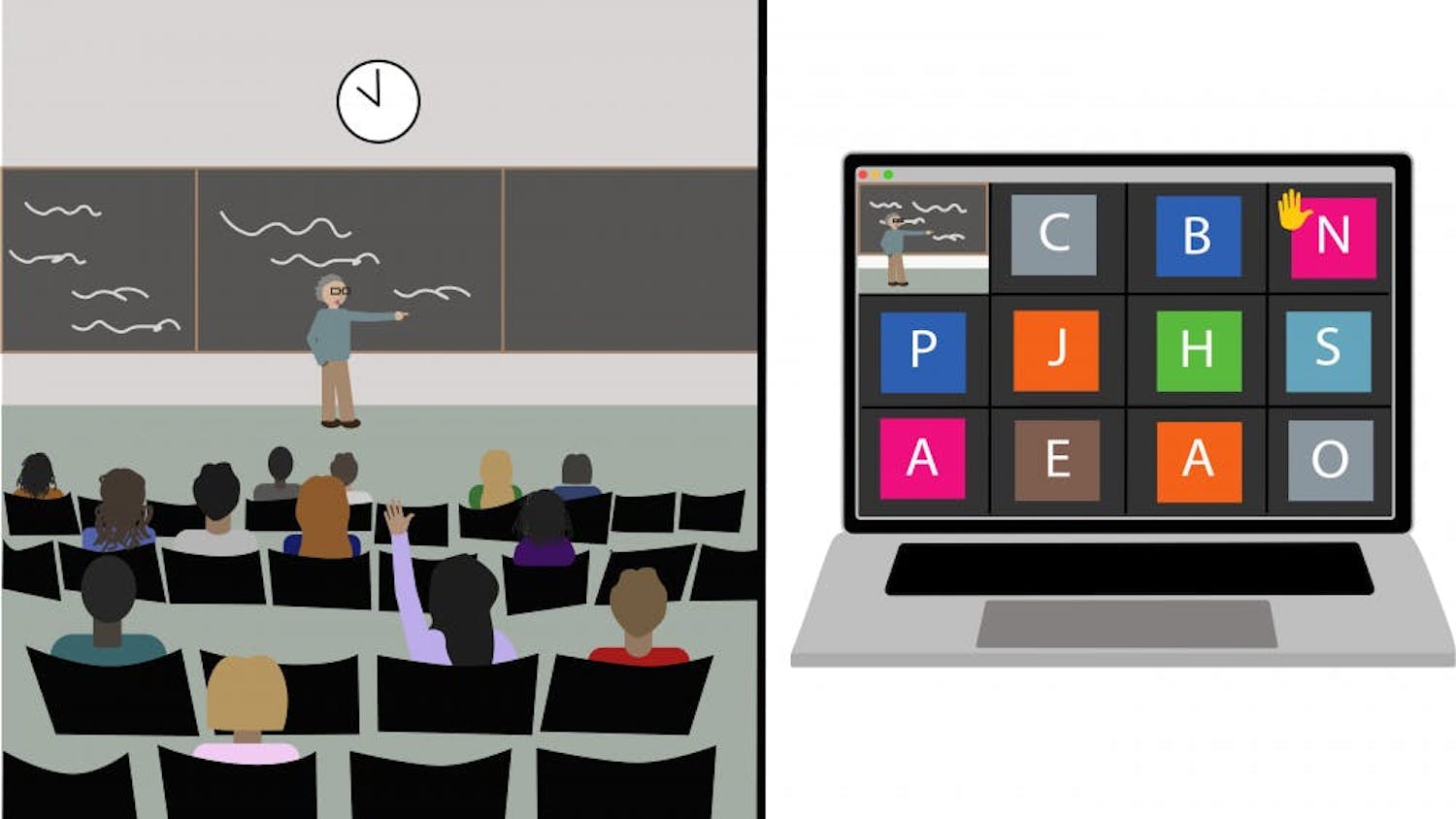The University’s spring semester began amid a period of high transmission of the Omicron variant of COVID-19, forcing some students who tested positive for the virus to participate in the two-week “shopping period” remotely.
In an announcement to the University community Jan. 14, Provost Richard Locke P’18 stated that “instructors and students should plan for the possibility that students may be absent from class for a variety of health and personal reasons.”
The announcement advised students to “proactively contact their instructors if they are unable to attend class” and instructors to “be flexible and support students with excused absences as they normally would.”
Locke also asked instructors to develop plans for further accommodating student absences such as recording class using lecture capture, offering live Zoom classes and posting class notes online.
“As the University is returning to mostly in-person instruction, we are constantly trying to balance the needs of both students and instructors, who might also have concerns about their own health and safety,” Dean of the College Rashid Zia ’01 told The Herald. “Shopping now in many ways, I think, is more accessible, as recordings and Zoom chats allow students to sort of be in two places at once.”
“I’m hopeful that certain things like lecture capture will be used in the future (and) that many of the supports put in place now will continue to make our community more accessible,” he added.
Coco Kaleel ’24 began her five-day isolation period at the Courtyard by Marriott Providence Downtown hotel on the first day of classes for the semester and described her experience as “stressful and very sad,” but relatively inevitable.
“I knew I was going to get (COVID-19) eventually this semester,” she said. It’s “better to get it out of the way sooner.”
“I’m a big fan of shopping,” Kaleel added. “I’m very indecisive, so that little extra time and flexibility helps me out a lot.”
Kaleel went into isolation before she had the chance to attend any classes in person. “Between the chaos of moving myself here and then feeling sick — I was symptomatic — I didn’t get to go to any classes on Wednesday remotely either,” she added.
The next day, Kaleel shopped classes online. “It kind of seemed like there wasn’t really a protocol for classes to be online,” she said. “Pretty much only the really big classes I was trying to attend were prepared with Zoom links.”
Because of the difficulty of accessing these classes, Kaleel was unable to shop as many different classes as she normally would. She is planning to mostly take concentration requirements this semester.
Visiting Assistant Professor in Education Studies Pierre de Galbert has had two students in isolation and one more who did not test positive for COVID-19 but was unable to attend class in-person due to COVID-like symptoms.
“I teach two classes this semester that are very different in size, which changes how I work to accommodate students who are sick or otherwise unable to attend class in person,” de Galbert said. The larger of de Galbert’s classes is a lecture of about 65 students, whereas the smaller one is a seminar of 20.
During the first week of classes, de Galbert offered a hybrid option for his larger class, which is also recorded, and he split his seminar into two even smaller sections, he said.
“Last year in the spring, I taught hybrid the whole semester and that was quite challenging,” de Galbert said. “It is difficult to make sure that discussions happen the same way with the same level of engagement in the room versus online.”
“The bigger challenge for me is when students are not communicating, ” de Galbert said. “My fear is that I’m not able to notice which students might need additional support.”
Assistant Professor of the Practice in Literary Arts Andrew Colarusso expressed similar concerns to those of de Galbert. “My shopping period meeting was via Zoom to limit an excess of bodies in physical space,” he wrote in an email to The Herald. “I also schedule Zoom meetings for each class, just in case.”
Colarusso, like de Galbert, has experience teaching hybrid and online courses. “The literary arts department … has been very keen to create inclusive and hybrid spaces when possible,” Colarusso wrote.
“So much of the work we do in the literary arts department is in active resistance to forms of isolation and loneliness because art requires dialogue, connection, conjunction,” they added. COVID-19 has inevitably made this task more challenging, they wrote.
Both Colarusso and de Galbert encouraged students in isolation to reach out to their professors. “Myself and all of the colleagues I speak to are more than happy to change deadlines and modalities to better support students,” de Galbert said.
Zia echoed these sentiments. “The most important thing I would really recommend is communication with instructors,” he said. Students also have the option to connect with a dean in student support services, he added.
“It’s really important for everyone — isolated or not — to make sure they are registered for their courses for continued access to online resources,” he said.
Kaleel also emphasized the importance of communication and continued vigilance for her peers who may be isolating. “Step one: move into whatever isolation housing you’re given. Step two: email all of your professors,” she said.
“Also, if you are vegetarian or vegan, bring snacks, salt and hot sauce” Kaleel advised. “The food is good, but I have been eating the same meal for the past week.”





